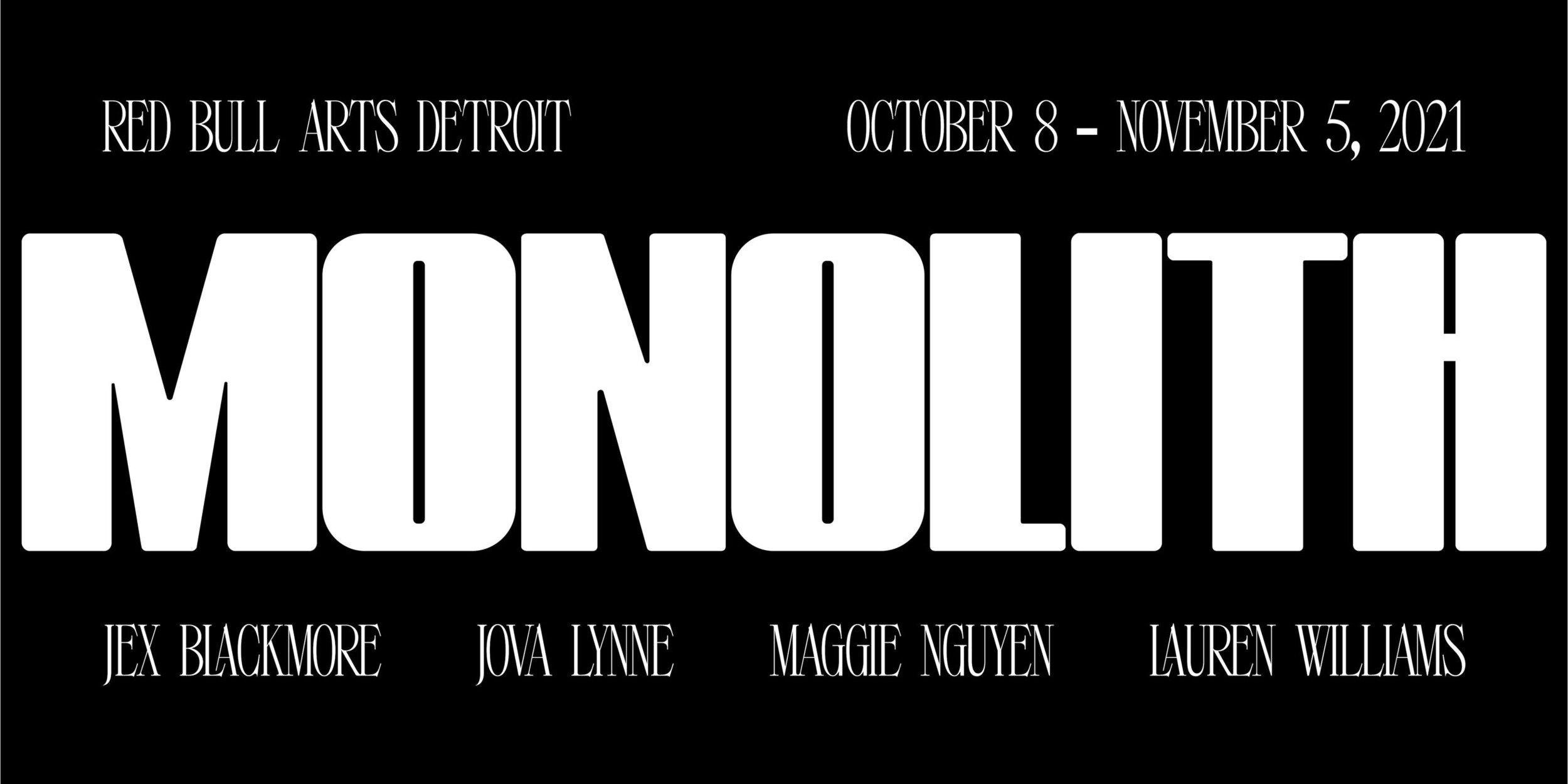SYNOPSIS
A pregnant person checks into a modest hotel room where they await their abortion procedure for twenty-four hours. Cycling through periods of activity and stillness, the subject begins to unravel with each passing hour, revealing the emotional and psychological depths of their experience. Veiled by the private room, we see the reproductive body as a contested site, their isolation transforms the mundane into a living taboo. With minimal spoken dialogue, the subject’s gaze and actions function as a narrative driver, allowing the story to unfold of a person in negotiation between their independence and confinement. The viewer must confront their own apathy and voyeurism.
1440 minutes, 24 hours
audio/subtitled
Director’s Statement
Reproductive health access is subject to volatile partisan politics influencing the availability and accessibility of services that impact the lives of millions. This is particularly true in 2023, as constitutional protections previously provided under Roe v Wade dissolve. In “blue” states where abortion remains legal, access to clinic care is sparse if not completely inaccessible for many who live as far as hundreds of miles to the nearest provider. In “red” states, abortion provisions have been classified as criminal, forcing those seeking surgical abortion care out of state, the cost of which is often insurmountable.
Each year, policymakers pass anti-abortion legislation that both benefits the political careers of legislative sponsors and reinforces the divide between those directly impacted by these policies. How can we measure the impact of forcing someone to travel out of state to obtain critical medical care when we refuse to consider the experience of those who have lived it? Not only do abortion restrictions fail to take into consideration the experiences of those forced to contend with them, they don’t even consider whether restrictions succeed in reducing the rate of abortion (spoiler: they don’t). Given this hard truth, one might ask, what is the purpose of these laws if not to punish and harm those whom they directly target?
An Undue Burden asks us to reconsider the impact of anti-abortion legislation, in particular, the burden of being forced to travel extreme distances for medical care and contend with additional barriers such as mandated waiting periods, parental approval, and state sanctioned ultrasound viewings. Does “choice” exist when access is unreachable? Should someone’s zip code, income, access to childcare, etc. determine who obtains care and who is left behind?
This film focuses on the lived experience of pregnant people who are forced to comply with anti-abortion restrictions. Rather than lingering in the debate between ‘pro-life,’ and ‘pro-choice,’ I encourage you to consider the moral responsibility placed upon all of us to reduce unnecessary suffering. Objectively, does anti-abortion legislation accomplish what it is intended to do? Is there an alternative approach to reducing unintended pregnancies that preserves the lives and dignities of all? Can we even begin to understand the experience of those directly impacted by these laws when their stories are nearly absent in the political debate? This film is intended to place the public in a position to reckon with these questions and provide an opportunity to meditate on the impact of our collective action (or inaction).
Exhibition & Display
The film is intended to be displayed in public spaces so that the community at large is confronted with the experiences of thousands of people seeking reproductive care every day across America. Striking a balance between the public and private domain, the film draws parallels between a very real political discussion involving person’s intimate, private life and the public square. As people travel to work, they may see the woman featured in this film lying in her bed; when they encounter her when traveling home, she may be watching television; as we settle down for sleep, she too is sleeping. We are reminded of what is sacrificed in putting one’s life on hold for twenty-four hours (or more), and see ourselves in nuanced familiarities. We aim to be as impactful as possible, and want to consider public sites that best lend themselves to maximum exposure and contemplation. Our goal is to exhibit this film in public spaces in every city/state/country where the burden of abortion deserts are felt most strongly.
CREDITS
JEX BLACKMORE WRITER/DIRECTOR
BEN FRIEDMAN EXECUTIVE PRODUCER
SOFIA BONAMI CO-PRODUCER
SARA SIENKIEWICZ EDITOR
phil steuer sound editor
Darin curtis foley artist
JOAN LORRAINE KEY CAST
SAM ARAMBULA Supporting cast
Bruno Vanzieleghem Supporting cast
Stephanie Voss Production Assistant
EXHIBITION HISTORY
In celebration of its affection for Detroit’s vibrant and diverse arts community, Red Bull Arts presents Monolith, a series of site-specific installations created by Detroit-based women and queer artists and practitioners, on view October 8 – November 5, 2021.
The Ann Arbor Film Festival (AAFF) is the oldest avant-garde and experimental film festival in North America, founded by George Manupelli in 1963. Internationally recognized as a premiere forum for independent filmmakers and artists, each year's festival engages audiences with remarkable cinematic experiences. The six-day festival presents 40 programs with more than 180 films from over 20 countries of all lengths and genres, including experimental, animation, documentary, fiction, and performance-based works.
The premier installation of An Undue Burden will take place as part of the AAFF’s Off The Screen! program which is focused on expanded cinema performances, new media installations, and salons.
An Undue Burden will be on display 24/7 March 3-28, 2021 at the Ann Arbor Art Center’s Aquarium Gallery on Ashley Street, near the intersection with Liberty, in downtown Ann Arbor.


